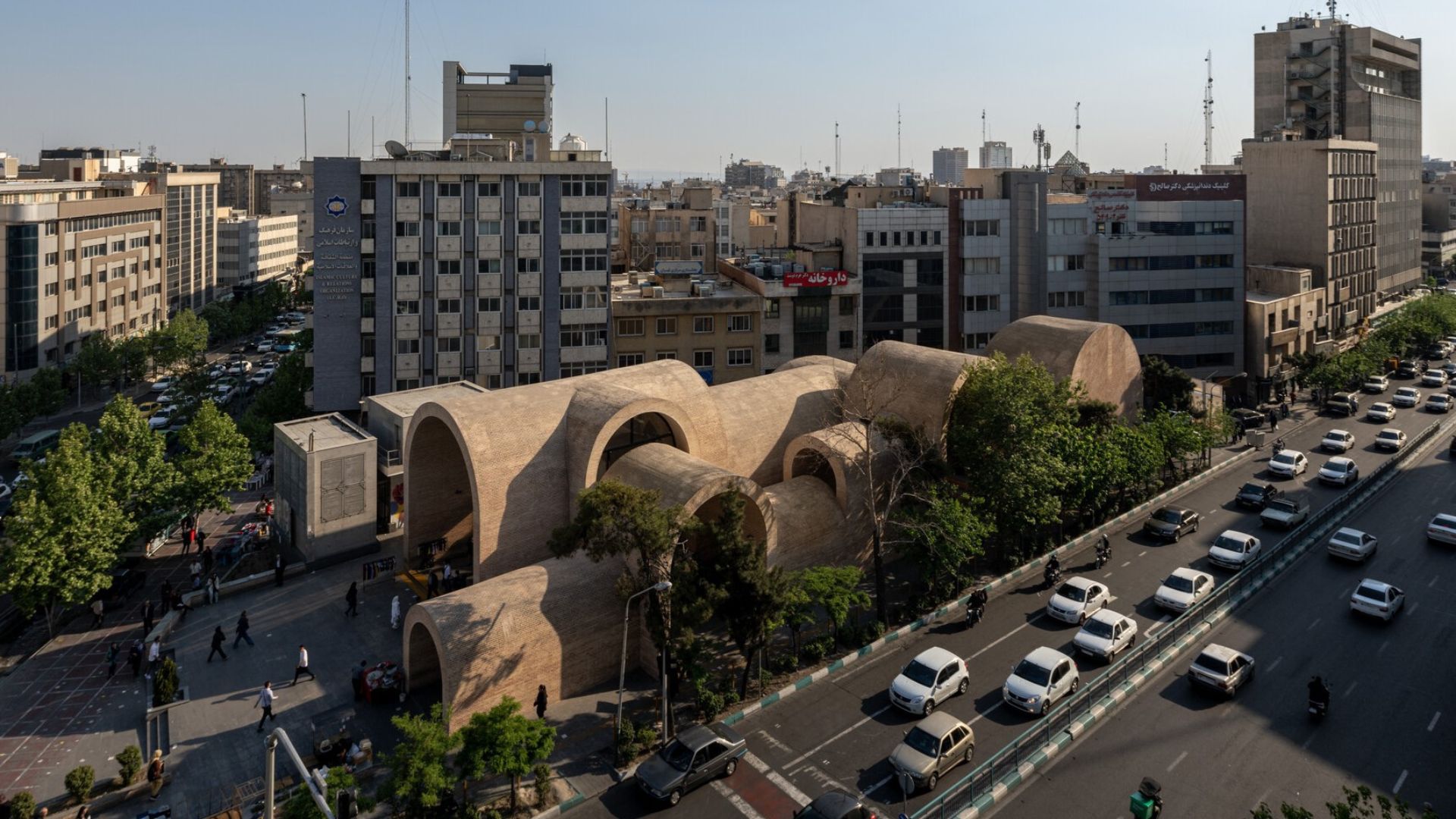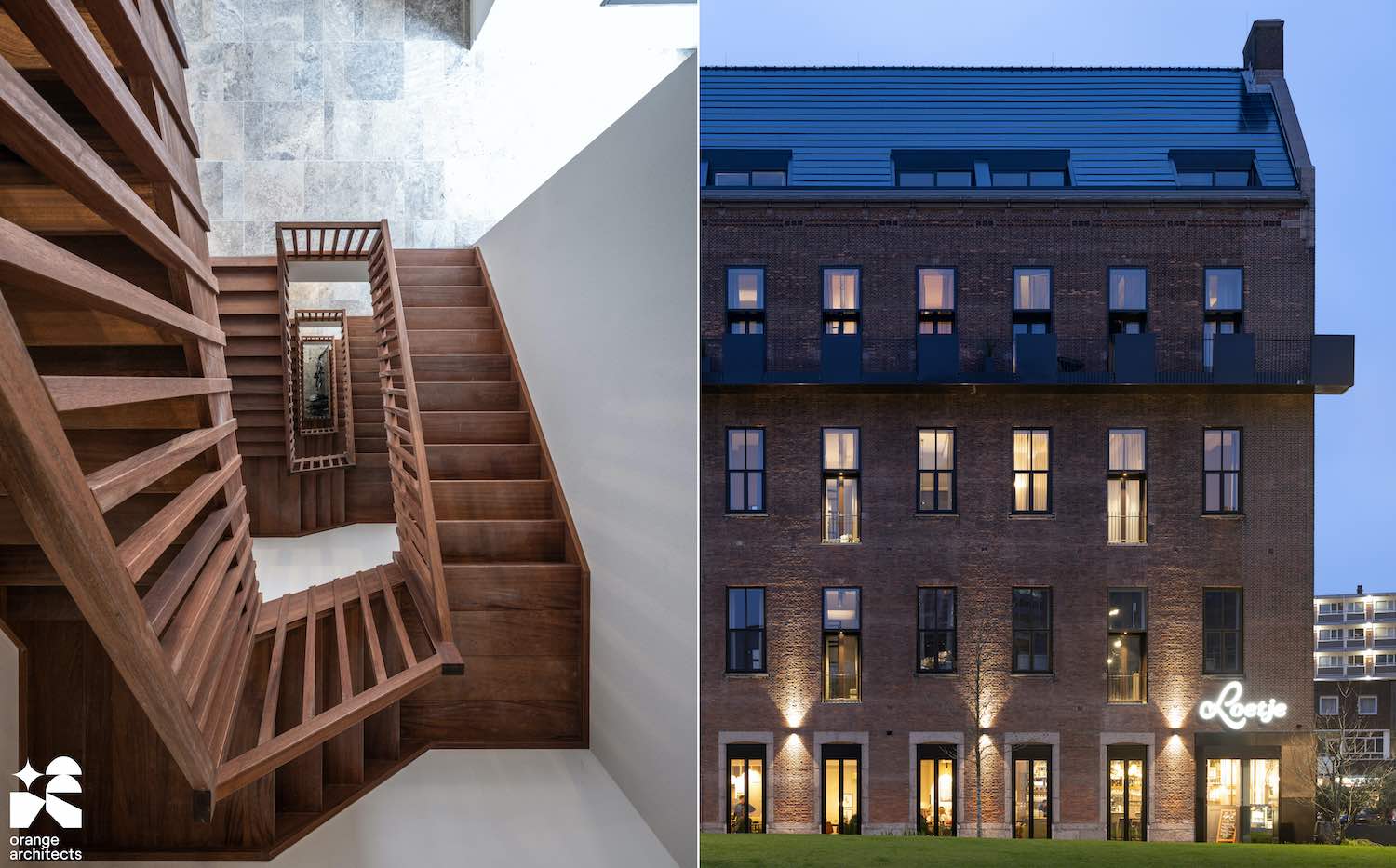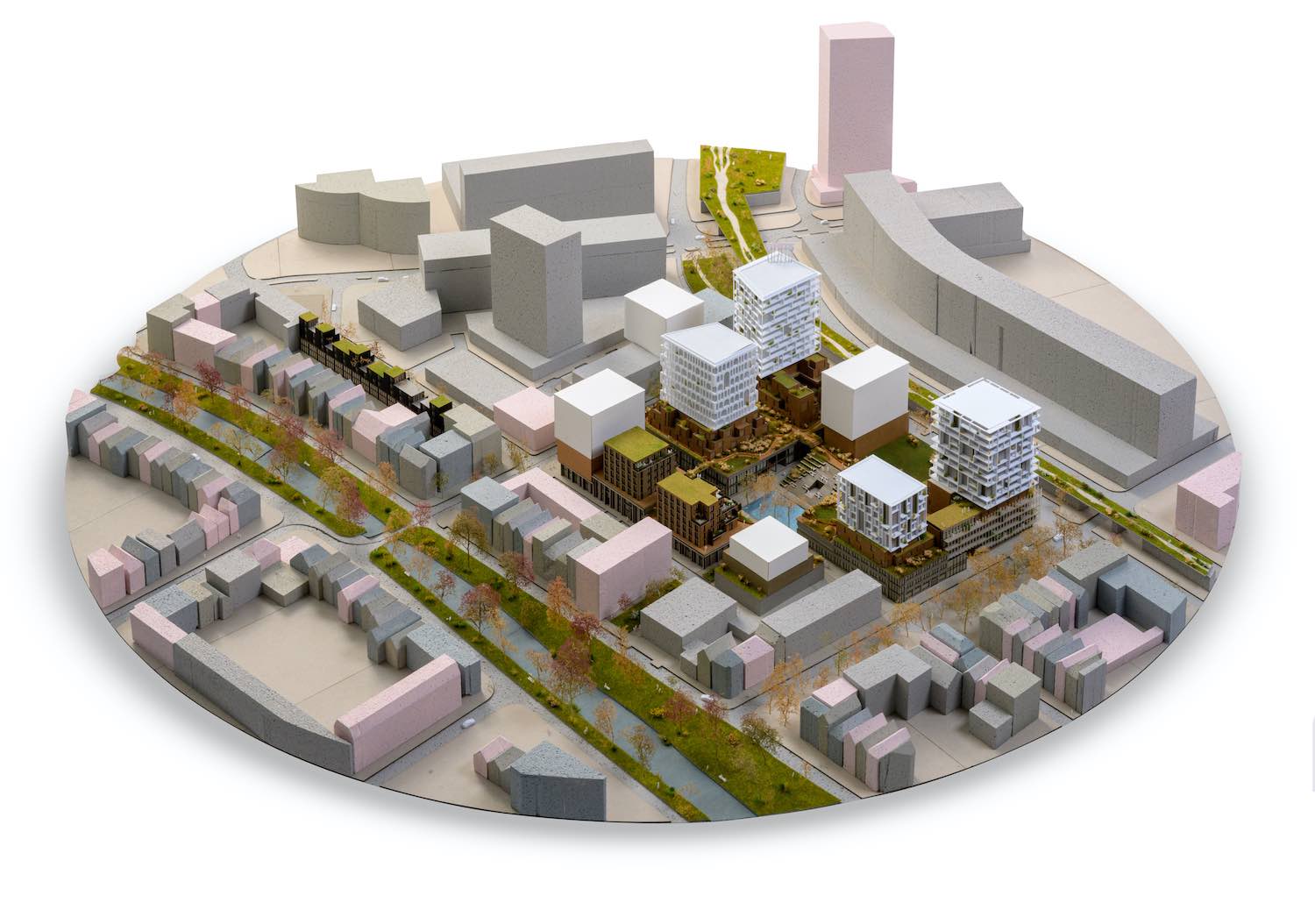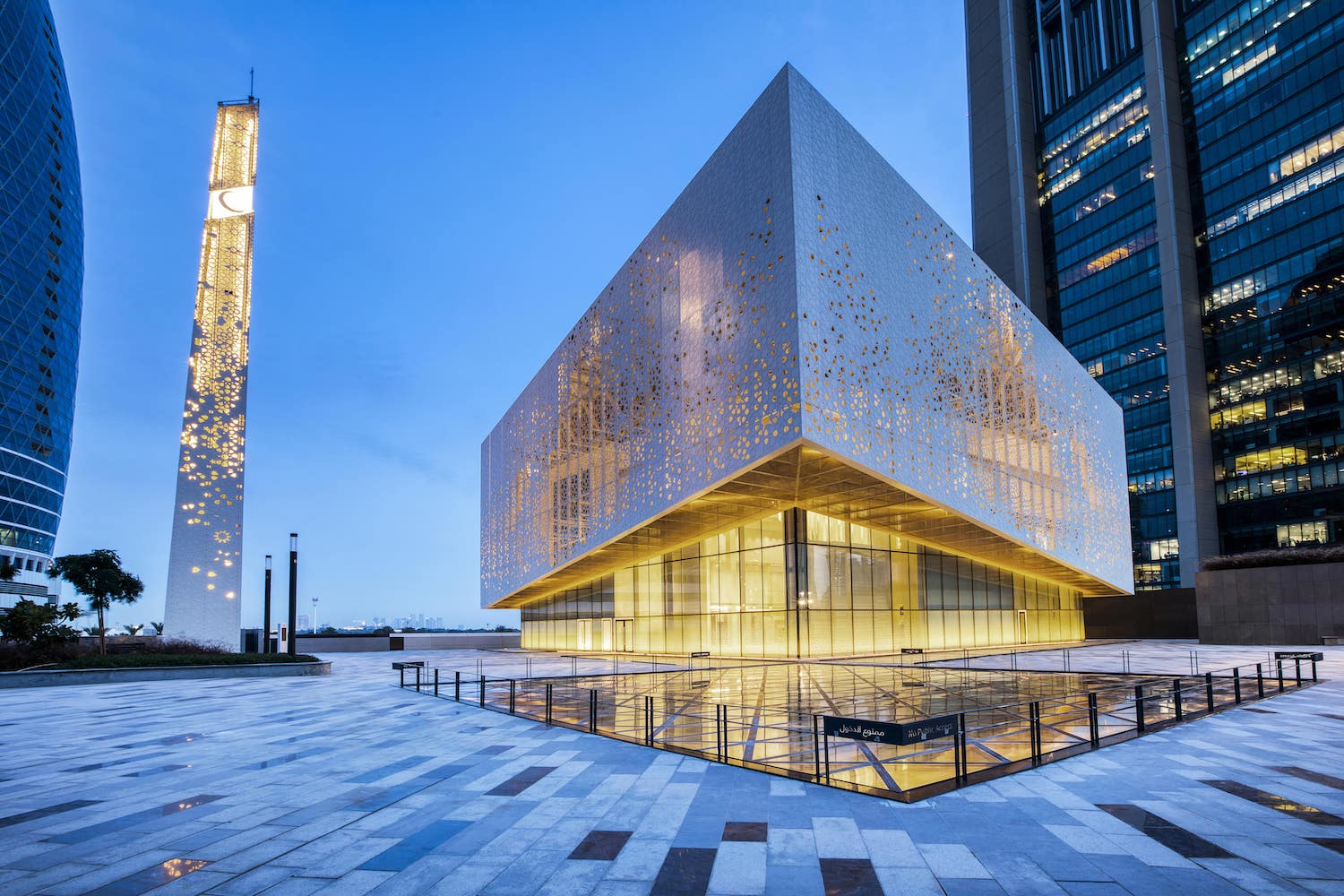The Aga Khan Award for Architecture (AKAA) stands as a beacon of hope and innovation in the realm of sustainable design. Established in 1977 by His Highness the late Prince Karim Aga Khan IV, this prestigious award recognizes and promotes architectural projects that not only meet the physical and social needs of communities but also resonate with their cultural aspirations.
The Aga Khan Award for Architecture is not merely an accolade; it is a commitment to fostering a deeper understanding of architecture's role in society. The award seeks to highlight projects that embody the principles of sustainability, cultural relevance, and social responsibility. By doing so, it encourages architects and builders to create spaces that nurture community resilience and promote pluralism.
One of the core tenets of the AKAA is its emphasis on community resilience. The award recognizes that architecture can serve as a catalyst for social transformation, enabling communities to adapt to changing circumstances. This is particularly crucial in regions facing environmental challenges, where innovative architectural solutions can mitigate the impacts of climate change.
The AKAA also champions cultural dialogue, recognizing that architecture is a reflection of the diverse narratives within a community. By celebrating projects that promote pluralism, the award fosters an environment where different cultures can coexist and thrive. This approach not only enriches the architectural landscape but also strengthens social cohesion.
The 2025 Award Cycle: Honoring Innovative Projects
In mid-September 2025, the AKAA will celebrate its 16th award cycle, showcasing seven remarkable projects from various countries. These projects exemplify the award's commitment to sustainability and community engagement, addressing pressing issues such as climate change and social inequality.
The recipients of the 2025 Aga Khan Award for Architecture include:
 image © Aga Khan Trust for Culture / City Syntax (F. M. Faruque Abdullah Shawon, H. M. Fozla Rabby Apurbo)
image © Aga Khan Trust for Culture / City Syntax (F. M. Faruque Abdullah Shawon, H. M. Fozla Rabby Apurbo)
Bangladesh: A project by Marina Tabassum Architects that utilizes bamboo and steel to create sustainable housing for displaced communities affected by climate change.
 image © Aga Khan Trust for Culture / Dou Yujun
image © Aga Khan Trust for Culture / Dou Yujun
China: Inner Mongolian Grand Architecture Design Co., Ltd. has designed a cultural center using reclaimed bricks, fostering social interaction among diverse ethnic groups.
 image © Aga Khan Trust for Culture / Ahmed Mostafa
image © Aga Khan Trust for Culture / Ahmed Mostafa
Egypt: Takween Integrated Community Development has transformed a neglected site into a thriving urban space, addressing cultural tourism challenges through innovative strategies.
 image © Aga Khan Trust for Culture / Deed Studio
image © Aga Khan Trust for Culture / Deed Studio
Iran: ZAV Architects has created a vibrant complex on Hormuz Island, promoting sustainable tourism while reflecting the island's unique landscape.
 image © Aga Khan Trust for Culture / Deed Studio
image © Aga Khan Trust for Culture / Deed Studio
Iran: KA Architecture Studio transformed Jahad Metro Plaza in Tehran into a vibrant urban hub, using local handmade brick to strengthen its connection to Iran's architectural heritage.
 image © Aga Khan Trust for Culture / Usman Saqib Zuber
image © Aga Khan Trust for Culture / Usman Saqib Zuber
Pakistan: DB Studios has designed a facility in Islamabad that empowers disadvantaged youth through vocational training, showcasing the intersection of education and architecture.
 image © Aga Khan Trust for Culture / Mikaela Burstow
image © Aga Khan Trust for Culture / Mikaela Burstow
Palestine: AAU Anastas has built a multipurpose space in Bethlehem that emphasizes local craftsmanship and cultural production.
The award ceremony will take place at the Toktogul Satylganov Kyrgyz National Philharmonic in Bishkek, Kyrgyz Republic, on September 15, 2025. This event will not only honor the architects but also acknowledge the contributions of municipalities, builders, and artisans involved in these transformative projects.
Engaging with the Climate Crisis
As the world grapples with the realities of climate change, the AKAA emphasizes the urgent need for architects to address this crisis. The award encourages innovative design solutions that prioritize environmental sustainability and resilience.
The AKAA recognizes that architecture can play a pivotal role in addressing climate change. By promoting environmentally conscious designs, the award inspires architects to create buildings that minimize their ecological footprint. This includes utilizing sustainable materials, implementing energy-efficient systems, and designing for adaptability in response to changing environmental conditions.
His Highness Prince Rahim Aga Khan V, the chair of the AKAA Steering Committee, emphasizes the importance of inspiring younger generations to approach architecture with empathy and environmental awareness. "Inspiring younger generations to build with environmental care, knowledge, and empathy is among the greatest aims of this Award. Architecture today must engage with the climate crisis, enhance education, and nourish our shared humanity,” he said.
“Through it, we plant seeds of optimism – quiet acts of resilience that grow into spaces of belonging, where the future may thrive in dignity and hope.”
The message is clear, then: by fostering a culture of sustainability, the award aims to cultivate a new generation of architects who prioritize the well-being of both people and the planet.
The Role of Knowledge and Empathy in Architecture
At the heart of the AKAA's mission is the belief that knowledge and empathy are essential components of effective architecture. The award encourages architects to engage deeply with the communities they serve, understanding their needs, aspirations, and cultural contexts to create architecture that celebrates hope and shapes their future.
"Architecture can – and must – be a catalyst for hope, shaping not only the spaces we inhabit but the futures we imagine. In an age defined by climate crisis, resource inequality, and rapid urbanisation, the Aga Khan Award for Architecture celebrates projects that unite society, sustainability, and pluralism to empower a more harmonious and resilient world," said Farrokh Derakhshani, Director of the Aga Khan Award for Architecture.
Successful architectural projects are often rooted in strong relationships between architects and local communities. The AKAA promotes a collaborative approach, where architects work alongside community members to co-create solutions that reflect their values and aspirations. This process not only enhances the relevance of the design but also fosters a sense of ownership among community members.
Cultural sensitivity is another critical aspect of the AKAA's philosophy. Architects are encouraged to draw inspiration from local traditions and practices, thereby creating designs that resonate with the community's cultural identity. This approach not only enriches the architectural narrative but also strengthens the bond between the built environment and its inhabitants.
The Impact of the Aga Khan Award for Architecture
The Aga Khan Award for Architecture (AKAA) has truly transformed the way we think about architecture around the globe. By shining a light on innovative projects that emphasize sustainability and social responsibility, this award has established a standard for what great architecture can and should achieve.
Over its 16 cycles, the AKAA has celebrated 136 outstanding projects and has kept track of nearly 10,000 building initiatives. This impressive legacy inspires architects everywhere to stretch their imaginations and explore new ways to create sustainable designs that benefit communities.
What sets the AKAA apart is its focus on fostering dialogue about architecture and sustainability. It brings together architects, policymakers, and community advocates, creating a vibrant space for sharing insights and best practices. This collaborative spirit is essential for addressing pressing issues such as climate change and social inequality.
At its core, the Aga Khan Award for Architecture envisions a future that is both sustainable and inclusive. It champions projects that embody knowledge, empathy, and an active response to the climate crisis. As we look forward to the 2025 award cycle ceremony, it's clear that architecture has the power to transform our world, creating spaces that build community resilience and encourage cultural exchange.





